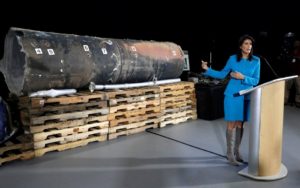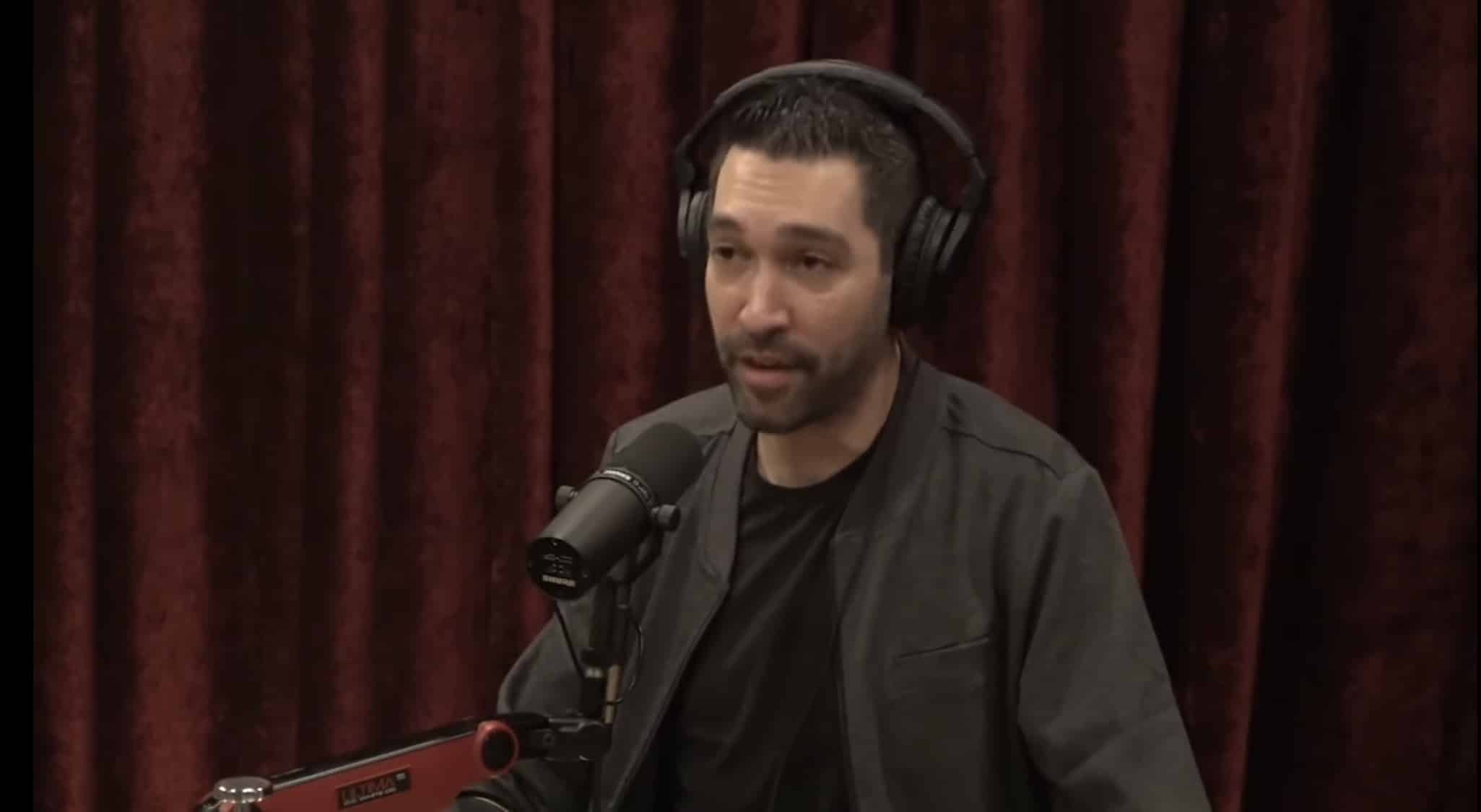Next month, the war in Yemen will turn seven. At a minimum, the war has killed 400,000 people. For several years, many notable aid groups have considered Yemen to be the world’s worst humanitarian crisis. Over half the population relies on food and medical aid—now being scaled back due to a lack of funding. Millions of Yemeni children are malnourished; many are dying from starvation. The destruction of the war will plague Yemen for decades to come.
The primary cause of Yemen’s suffering is the “Saudi-led” coalition’s multi-domain war on Yemen. Yet, calling the coalition “Saudi-led” obscures the essential roles that the United States, United Kingdom, and United Araba Emirates play in waging the war.
The war effort is primarily led by Saudi Arabia’s air force, which is dependent on the U.S. and UK. If one were to peel off the Saudi warplanes’ insignia, it would reveal their American and British origins. The U.S. and UK continue to maintain the Saudi air fleet, which would be grounded if the support was withheld.
The Saudis’ bombing campaign frequently hits civilian targets. Recently, Riyadh bombed a communications building and knocked out the northern Yemen’s internet for several days. That strike also killed children playing soccer. Shortly after, Saudi Arabia used an American-made bomb to kill 91 people at a migrant detention facility.
The recent war crimes are a part of a more extensive campaign directed at Yemen’s civilian population. In a report for the World Peace Foundation, Martha Mundy describes the food war waged by Saudi Arabia.
If one places the damage to the resources of food producers (farmers, herders, and fishers) alongside the targeting of food processing, storage and transport in urban areas and the wider economic war, there is strong evidence that Coalition strategy has aimed to destroy food production and distribution in the areas under the control of Sanʿaʾ. As described above, from the autumn of 2016, economic war has compounded physical destruction to create a mass failure in basic livelihoods.
American officials have assisted the Saudis’ bombing with intelligence and target selection. Some U.S. officials even worry this level of involvement will expose them to potential war crimes charges.
Despite its horrific effect on the civilian population, Riyadh’s bombing campaign has proven ineffective against Houthi military operations. From June to November, Houthi sources say Saudi strikes killed 15,000 fighters. Still, the casualties did not prevent the group from making substantial gains in the Marib and Shabwah provinces.
Another prong of the coalition war effort is the backing of proxy ground forces. Yemeni journalist Nasser Arraybee reported that the UAE and Saudi Arabia are backing Al-Qaeda in the Arabian Peninsula. Further, a CNN investigation revealed jihadists were using U.S.-made weapons that were originally sold to the Saudis and Emirates.
Recent losses by the Houthis in the Shabwah and Marib provinces came because a Salafist militia backed by the UAE—the Giants Brigade—was deployed to the region. The militia quickly reversed the Houthis’ gains that took several months and cost thousands of lives.
The U.S. and Saudi Arabia have also weaponized the UN against Yemen. The U.S. pushed the UN to pass Resolution 2216, which Saudi Arabia has used as a legal pretext for its actions in Yemen.
In 2021, using blackmail and bribes, Saudi Arabia pushed the UN Human Rights Council to remove its investigators from Yemen. Since the vote, the Saudis have significantly escalated the air war. January 2022 was the deadliest month for civilians since 2016.
Despite the Saudi air campaign’s brutality and the ground fighting, the Saudi war’s economic front is the most deadly. Riyadh enforces strict inspection requirements for ships attempting to bring cargo to Yemeni ports. These requirements amount to a de facto country-wide blockade. Aid groups report that desperately needed medical supplies, potable water, and food often wait off the coast while people die of preventable causes.
The U.S. helps Saudi Arabia enforce these inspections. Additionally, Biden is currently considering redesignating the Houthis, adding them to the Foreign Terrorist Organizations list. The move would have little impact on the Houthi leadership, who are already subject to U.S. sanctions, but aid groups warn the move will have devastating effects on civilians.
The caustic Foreign Terrorist Organization label was slapped on the Houthis in the final days of the Trump administration. But after some deliberation within the Biden White House, it was removed because of its unproductive cruelty.
To further Yemen’s economic woes, Saudi Arabia has flooded the Yemeni market with newly printed Yemeni Rials. To combat rising inflation, the Houthis stopped allowing recently dated notes to circulate as legal currency. Riyadh responded by ‘finding’ some older dated notes to pump into Yemen.
Despite Washington’s essential role, it has gone nearly uncovered by the U.S. media. Adam Johnson reported on his substack The Collum, “A review of MSNBC’s coverage from Nov. 3, 2020, to Nov. 22, 2021, shows MSNBC hasn’t run a single segment on the U.S.-backed war still raging in Yemen.”
That is why Dave Smith’s recent 10-minute discussion of Yemen on The Joe Rogan Experience was so important. For the first time, tens of millions of Americans were exposed to the story of Yemen. More crucially, Smith presented the war without typical pro-empire spin. With nearly all Western coverage masking America’s leading role and framing the conflict as a Saudi-Iran proxy war.
However, Smith was attacked on this issue by TimCast guest Cory Mills, who argued that it was Smith who failed to provide the proper context. Mills launched his argument that the Houthis are an Iranian puppet force by saying, “You are failing to understand what the proxy militia forces from Iran…”
The claim is simply incorrect. The Houthi are primarily Zaidi Shia, a native population of Yemen. The group existed long before the present conflict broke out in 2015, and in late 2014 the U.S. worked with the Houthis to target their common enemy, AQAP. Now, about 80% of Yemen’s population lives in Houthi-controlled areas.
Mills goes on to claim that Iran was caught shipping “mid-range ballistic missiles” to Yemen and UN reports confirmed his claims. He also said the Houthis had carried out attacks that shut down the Saudis’ oil company Aramco and targeted the UAE.
The Houthis do claim responsibility for a September 2019 attack on a Saudi Aramco facility that, for several days, caused production to substantially drop. Though Saudi Arabia and the U.S. lead a group of states claiming that Iran was behind the attacks, the UN has said, “it is unable to independently corroborate that the cruise missiles and unmanned aerial vehicles used in these attacks are of Iranian origin.”
The Houthis also claimed responsibility for most of the recent attacks on the UAE (while an Iraqi militia claimed to be responsible for one attack). No evidence has emerged that Iran played any role in those attacks on the UAE. The Houthis’ drone attacks are a predictable consequence of the UAE’s support for the Giants Brigade and AQAP.
A 2015 UN report from a Security Council expert panel found Iran had been assisting the Houthis from 2009 until that point. However, Gareth Porter debunks the report’s central claims, explaining that Yemenis were smuggling weapons out of Yemen.

The Houthis and Iran have political ties. This should be seen as a normal relationship. While it’s common for the Houthis to be called rebels or terrorists, for over seven years the group has ruled Sanaa, Yemen’s capital city. In fact, a recent trend in Yemen is for people to leave Saudi-held territory for the Houthi-held areas’ increased security and stability. So some ties between Tehran and Sanaa should be expected.
Further, as the Houthis are the government of Yemen, it is logical they would seek to strike against Saudi Arabia and the UAE since those states are waging an aggressive, unprovoked war against Yemen. And even if Tehran were selling weapons to Yemen, compared to the American weapons’ caused suffering the suffering caused by the Iranian weapons would be inconsequential.
For Mills to claim Smith was leaving out context—a claim that host Tim Pool seems to back at the end of the discussion—is laughable. However, Mills’ claim is unsurprising. There is a growing trend of Republicans who claim the title of non-interventionist while still proudly repeating the war state’s talking points.








